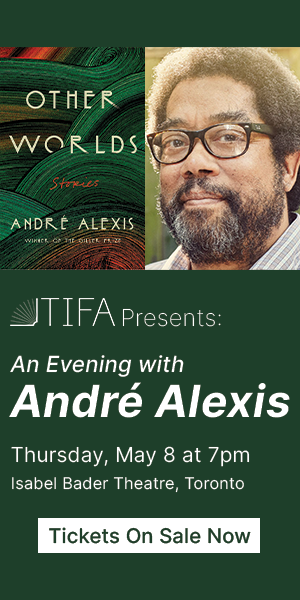This spring, eighty-two students at New York University signed a petition against their organic chemistry professor, Maitland Jones Jr., who literally wrote the 1,300-page textbook on the notoriously difficult subject. “We are very concerned about our scores, and find that they are not an accurate reflection of the time and effort put into this class,” protested the undergraduates, many of whom aspire to be medical doctors one day. As the New York Times recently reported, school administrators listened to their complaints — and those of their tuition-paying parents — and let them purge their transcripts of the offending low marks. The university also terminated Jones’s adjunct contract for this fall.
I never took organic chemistry myself, but I remember several of my university friends struggling to make sense of carbon-carbon covalent bonds and spectroscopic data. Occasionally, I would ask about the many indecipherable hieroglyphics in their notebooks, and though I earned an A in high school advanced chemistry, I never did understand their explanations. I always felt a little like Bill Murray’s character, Peter Venkman, in Ghostbusters: “Pretend for a moment that I don’t know anything about metallurgy, engineering, or physics, and just tell me what the hell is going on.”
Another Ghostbusters quote came to mind when I read about those young science majors in Greenwich Village, this one delivered by Dan Aykroyd, whose character, Ray Stantz, is let go by Columbia University after he reports paranormal activity in the library. “You’ve never been out of college! You don’t know what it’s like out there! I’ve worked in the private sector. They expect results.” In other words, if you think your chemistry assignment is a tough nut to crack, just wait until you’re tasked with solving the many problems of the real world — especially the ones that have been piling up this past year.
In Canada, for example, how do we “bring the temperature down,” as the public safety minister, Marco Mendicino, has put it, so that public officials like Chrystia Freeland are not accosted in Grande Prairie, Alberta, or anywhere else? How do we deal with inflation and runaway energy costs? How do we honour treaty commitments and work toward true reconciliation? How do we tackle electoral reform or, possibly, reimagine our relationship to the Crown? And how do we respond to growing food insecurity?
Then there are the truly existential puzzles to solve. More than thirty years after the end of the Cold War, we find ourselves living in a world where an increasingly desperate autocrat with 6,300 nuclear warheads in his back pocket has shown a willingness to make rash decisions. Another despotic nuclear power is launching ballistic missiles over Japan. “Fire and brimstone coming down from the skies!” Stantz warns in Ghostbusters. “Rivers and seas boiling!”
Our seas might not be boiling just yet, but our waters are certainly raging. In Pakistan, catastrophic flooding has submerged nearly one-third of the country — and created a new lake that’s over 100 kilometres wide. Storms named Fiona and Ian have wreaked havoc and cost lives in the Caribbean, in the southeastern United States, and across Atlantic Canada and Quebec. The general state of affairs may not be as bad as what Venkman predicts —“Human sacrifice, dogs and cats living together . . . Mass hysteria!”— but it almost seems like that’s where we’re heading.
Admittedly, I didn’t shell out more than eighty grand every year for four years. I never thought of myself as a “customer” or my department as a “service provider.” I didn’t study any subject, organic or otherwise, during a pandemic. But surely this isn’t the proper time to capitulate to Generation Z and penalize those instructors who maintain high standards. We may need more physicians, but nobody has an absolute right to go to medical school. Those who aren’t cut out for the finer points of orbital hybridization could choose from countless other programs. Certainly we can balance empathy for mental health and overall well-being with purposeful rigour.
As basically every commencement speech reminds us, university students of today will soon be the problem solvers of tomorrow. The vaccine will still need to work then. The storm shelter will still need to hold. The energy transition will still need to happen. The medical procedure will still need to be done.
At eighty-four, Maitland Jones has spent a long career judging academic merit. At his age, he might not live to see the worst effects of climate change or brewing social unrest. Perhaps that’s why I am so grateful to him and to the many educators like him who still believe that young people can one day find the answers we so desperately need, but only if they’re willing to persevere and to excel. Perstare et praestare. Ironically, that’s NYU’s motto.
Kyle Wyatt is the editor of the Literary Review of Canada.

